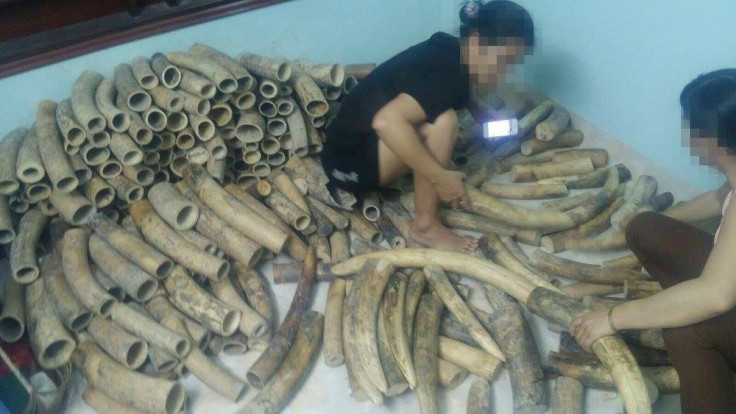Following China, Hong Kong slaps ban on domestic sale of ivory
The China-controlled state approves a ban which will see the entire ivory trade phased out by 2021.
Hong Kong has placed a ban on its domestic ivory trade weeks after mainland China enforced a total ban on sales of ivory items in a bid to protect elephants. To be implemented gradually, the quasi-sovereign city-state aims to abolish the trade by 2021 in its region.
Lawmakers overwhelmingly voted in favour of stopping the 150-year-long trade in a move described as a "lifeline for elephants" to prevent illegal poaching. However, the three-year grace period has raised concerns that this could allow poachers to exploit the opportunity to kill African elephants in large numbers.
"Today is a great day for elephants. Hong Kong has always been the 'heart of darkness' of the ivory trade," said Alex Hofford, a Hong Kong campaigner for the group WildAid.
Ivory products such as elephant tusks, chopsticks and statues are still sold in antique shops in parts of Hong Kong, considered the world's largest ivory market. Most of those who purchase ivory items are from mainland China.
The financial hub, strongly controlled by China, has been a major market in the thriving ivory trade as most countries have banned the trade since 1990. When China imposed an overall ban on ivory products at the beginning of this year, it was feared Hong Kong and Laos would be exploited for the illegal trade.
The crackdown has been widely welcomed by environmentalists and activists.
"We're thrilled that Hong Kong, another major ivory market, will close its doors to legal ivory trade by 2021, joining China in showing great commitment in safeguarding a future for elephants," said Margaret Kinnaird, leader of World Wildlife Fund (WWF).
She added: "However, to ensure these legislative bans are not undermined, it'll be critical for China and Hong Kong to boost enforcement and awareness efforts as well as tackle the rife black market."
China is mainly blamed for the slaughter of nearly 30,000 African elephants every year by poachers.
Though poaching of African elephants has dropped from its peak in 2011, it is still considered alarmingly high. According to the International Union for Conservation of Nature, the population of African elephants has shrunk by 111,000 in the last 10 years.























